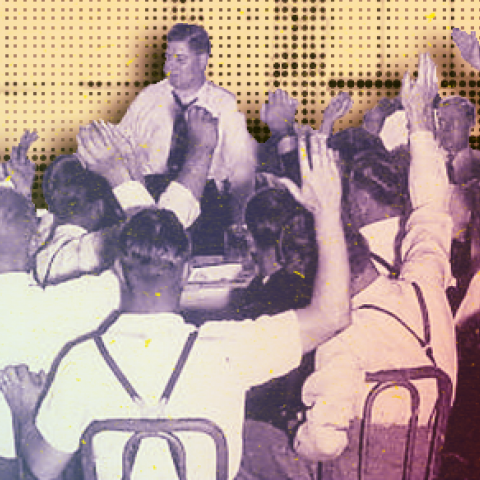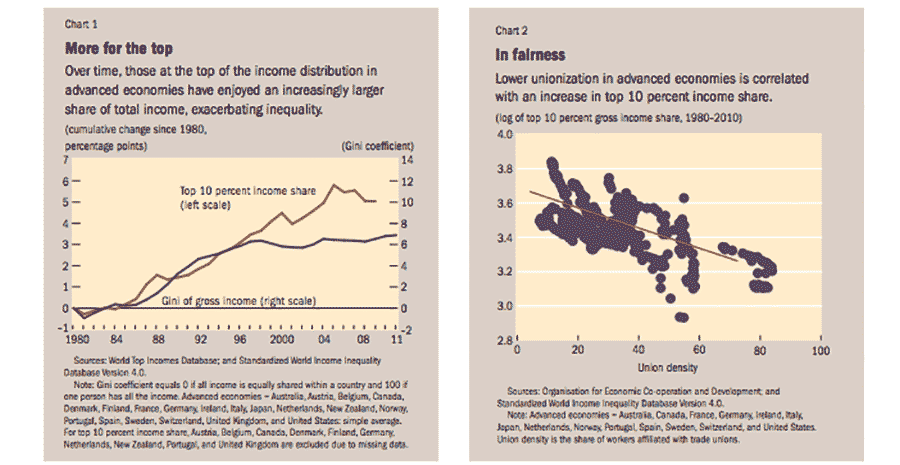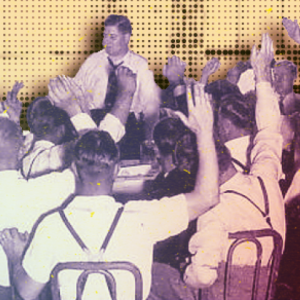
Rise of income inequality is linked to decline of unions: new IMF study
Unions have been given their due by the International Monetary Fund. Income inequality rises when unionization declines, according to a new global analysis of advanced economies — including Canada: “The decline in unionization is strongly associated with the rise of income shares at the top,” according to an upcoming report from two IMF economists — accounting for about […]
Unions have been given their due by the International Monetary Fund.
Income inequality rises when unionization declines, according to a new global analysis of advanced economies — including Canada:

“The decline in unionization is strongly associated with the rise of income shares at the top,” according to an upcoming report from two IMF economists — accounting for about half of the 5% rise in the top 10% of the population’s income share since 1980.
The IMF report lines up with a Unifor analysis last year on the impact of unionization on the poverty rate in some of the world’s most developed countries.
The numbers are stark — the lower the unionization rate, the higher the poverty rate:

In fact, Canada’s income gap is among the fastest growing in the developed world. The top 1% in Canada captured 37% of the overall income growth in the last three decades:.
 The IMF report argues that as “deunionization weakens” the earnings and bargaining power for middle- and low-income workers, it “increases the income share of corporate managers’ pay and shareholder returns.”
The IMF report argues that as “deunionization weakens” the earnings and bargaining power for middle- and low-income workers, it “increases the income share of corporate managers’ pay and shareholder returns.”
So, when union membership grows, the middle class thrives.
Meanwhile, 2014 studies in the U.K. and U.S. have also linked the decline in union membership to rising income inequality, with the latter estimating that every 10% increase in union membership would bring about a projected decline in income inequality of between 2.5 and 3%.
And finally, courtesy of the Canadian Centre for Policy Alternatives, this is how Canadian union membership levels since 1920 correspond with Canadian wages — when excluding the earnings of the top 1% of the population:

Should someone explain all this to the Harper government?
Photo: Schoolnet digital collections.
Our journalism is powered by readers like you.
We’re an award-winning non-profit news organization that covers topics like social and economic inequality, big business and labour, and right-wing extremism.
Help us build so we can bring to light stories that don’t get the attention they deserve from Canada’s big corporate media outlets.
Donate



